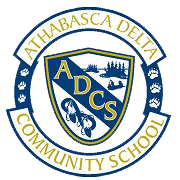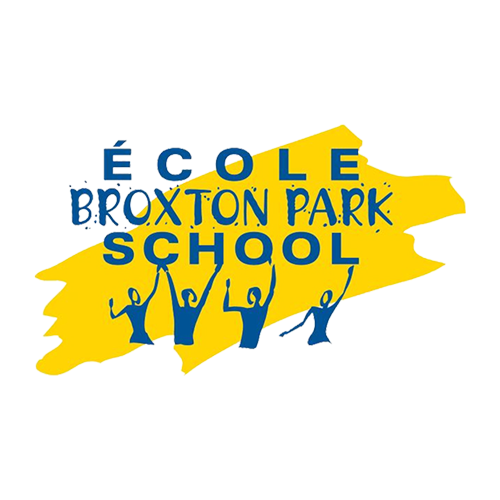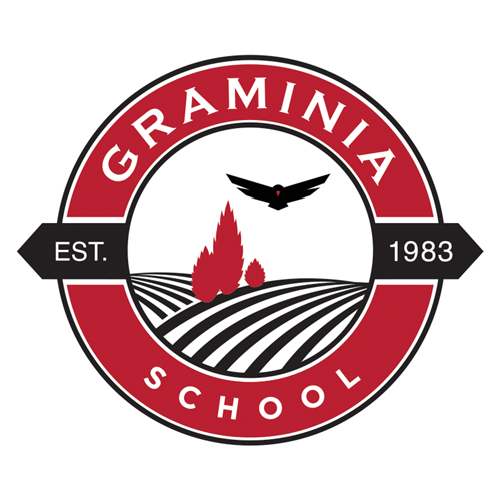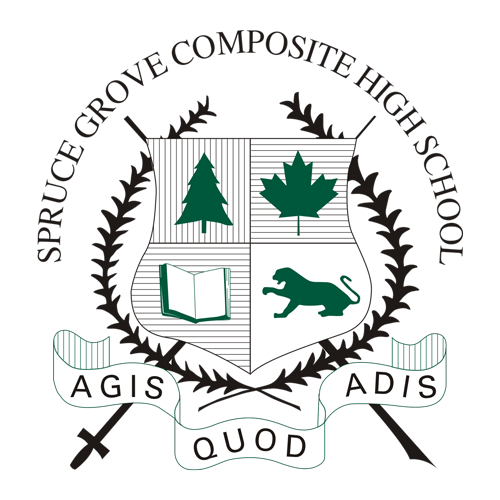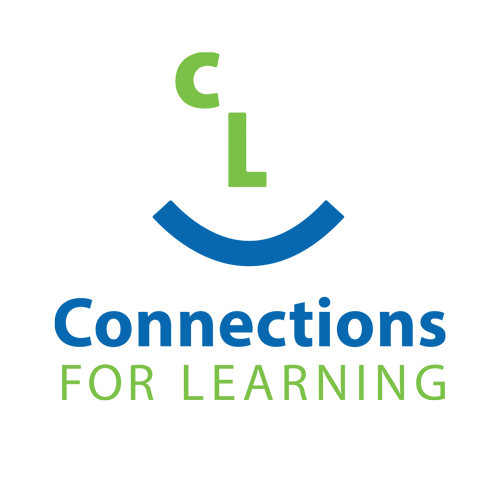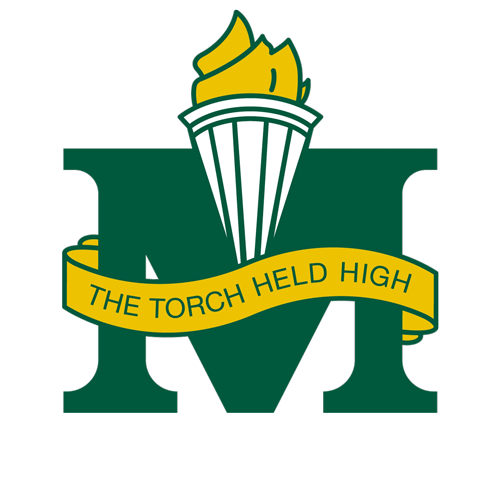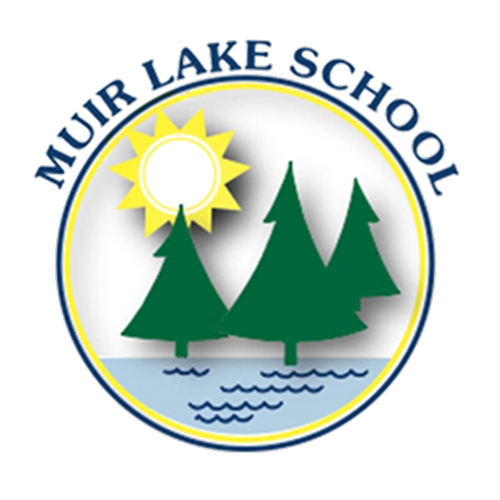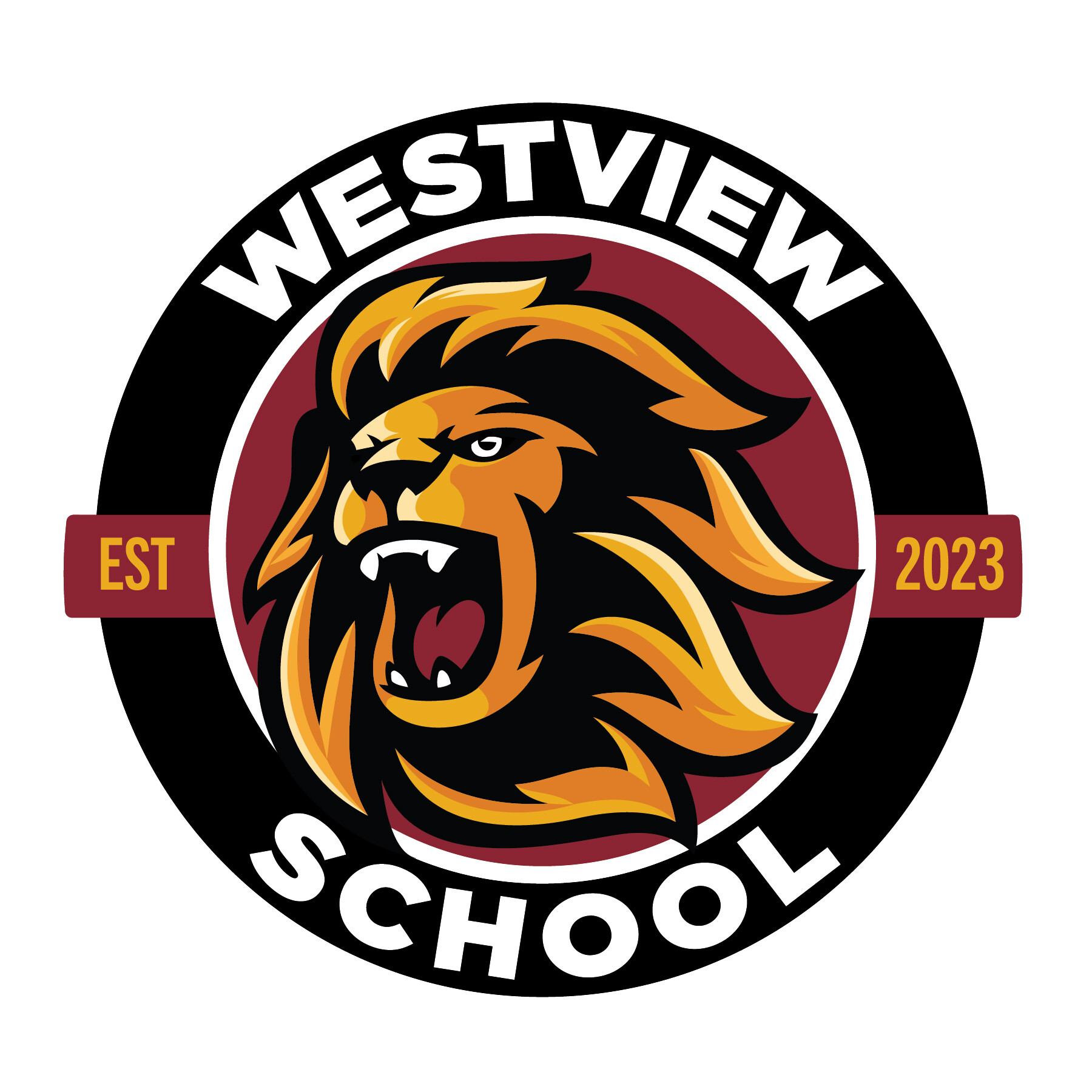AP 170: Dispute Resolution
Administration of Policy and Legislation
Background
The Superintendent expects school staff, parents, and students to maintain open and direct communication. When communication breaks down, this procedure provides a structured approach for resolving conflicts effectively and fairly. Resolving disputes promptly serves the best interests of all parties. This procedure should be considered alongside:
- Administrative Procedure 172 – Appeal Process Regarding Student Matters.
Definitions
a) Adjudicator: shall refer to the individual or body of individuals, appointed or determined by the level of dispute resolution, who shall be directly responsible for determining the outcome of an appeal.
For clarity, the Superintendent may designate the process of adjudication to any individual, including:
a. A subject area specialist or professional,
b. An educational facilitator,
c. A Principal,
d. A Director,
e. A Deputy or Associate Superintendent, or
f. Any PSD staff member, deemed suitable, on the basis of the specific facts of the matter.
b) Parent, guardian, or independent student: shall refer to a person seeking resolution of a dispute.
c) Level of Dispute Resolution: shall refer to a teacher, a school principal or assistant principal, a director, the Superintendent (or designate) or the Board of Trustees, who are currently reviewing the parent, guardian, or independent student’s concern.
d) Procedural Fairness: shall refer to the process of ensuring that parents, guardians and/or independent students are provided with a fair and unbiased assessment if an appeal proceeds to the Board, as per the Education Act, Board Policy 13 and/or Administrative Procedure 172: Appeal Process Regarding Student Matters.
Dispute Resolution Principles
1. The process for dispute resolution shall always begin with a meeting of the parties most directly involved and/or impacted by the dispute.
2. The Superintendent expects that procedural fairness, including collaborative, productive and cooperative methods for dispute resolution, shall be used by all parties throughout the process of resolving disputes; for legislative clarity:
2.1. Parents and/or guardians, teachers, and principals as partners in education, shall conduct themselves in a manner that contributes to a welcoming, caring, respectful and safe learning environment (Education Act s. 32(d); s. 197(a.1);
2.2. No person shall disturb or interrupt the proceedings of a school (Education Act s. 256(a); and
2.3. No person shall conduct themselves in a manner detrimental to the safe operations of a school (Education Act s. 256(d)).
3. For further clarity, the process for dispute resolution shall only proceed through collaborative, productive and cooperative methods; notably,
3.1. Dispute resolution, as a process, shall be suspended at the current level of dispute resolution at such time as the persons involved appear unable to comply with section 2; notably
3.1.1. Any decision to suspend a dispute resolution process shall be communicated to the higher level of dispute resolution, or to an Adjudicator;
3.2. A higher level of dispute resolution may determine that a process for conflict-mediation is required, however, the necessity of this action shall not stand as a justification for appeal, or a justification to move to the next level of dispute resolution; and
3.3. Emotional outbursts, anger, disruptive behaviour, profanity and/or abusive language may justify a suspension of the process until such time as s. 3.1 above may be satisfied.
Social Media
4. Active social media often complicates or exacerbates the dispute resolution process and, therefore, it is in the best interest of all parties involved to settle disputes in a fair and calm manner, and not to post on any social media the content of a dispute or potential dispute; notably,
4.1. An individual may request that any social media posting be withdrawn prior to, during, or after the dispute resolution process, and the School Division representative may, if appropriate under the circumstances, suspend (but not terminate) the resolution process until the social media is withdrawn.
Dispute Resolution and Classroom Matters of Concern
5. Dispute resolution regarding classroom matters of concern, whether or not those matters impact the education of a student, shall begin with the student’s teacher;
5.1. Matters shall be discussed directly with the teacher whose action or decision is being questioned;
5.2. If the matter is not resolved to the satisfaction of the parent, guardian or independent student within seven (7) school days of the teacher’s decision, the parent, guardian, or independent student may take the matter directly to school administration, after having informed the teacher; and
5.3. If, after administrative review, the matter is determined to be unresolved, the classroom matter of concern may be considered to be a school matter of concern.
Dispute Resolution and School Matters
6. Dispute resolution regarding school matters of concern, or any matter that does not directly relate to the teacher, are to be resolved, where possible, by school administration (Principal or Assistant Principal);
6.1. Matters shall be discussed directly with the Principal or Assistant Principal, and the Principal or Assistant Principal shall provide correspondence (email or letter) confirming a decision related to the pertinent items discussed;
6.2. Matters involving substitute teachers shall be raised to the attention of school administration directly;
6.3. With deference to section 1 of this procedure, after all avenues to resolve the matter of conflict have occurred with school administration, and if the parent, guardian or independent student is of the view that the matter was not resolved to their satisfaction, then the parent, guardian or independent student may take unresolved school matters directly to the Office of the Superintendent; and
6.4. If, after the Office of the Superintendent’s review, the matter is determined to be unresolved, the school matters of concern shall be considered to be a school division matter of concern.
Dispute Resolution Regarding Student Matters Beyond the School
7. Dispute resolution regarding a school division matter, or any matter that does not directly relate to the school and or school principal, are to be resolved, where possible, by the Office of the Superintendent.
8. The Office of the Superintendent may designate an individual or body, as deemed appropriate by the Superintendent, to review and, ideally, resolve the matter raised by the parent, guardian, or independent student;
8.1. For clarity, the Superintendent may involve, or designate, the matter to any individual identified in the definition for Adjudicator (above); or
8.2. The Superintendent may request any of the individuals listed in the definition for Adjudicator (above) to act as the Adjudicator for Division matters.
9. The Office of the Superintendent, or designate, shall confirm the determined outcome of the resolution through dated correspondence (email or letter) with the parent, guardian or independent student.
10. The school teachers and/or school administrators (principal and/or assistant principal) are in the best capacity to resolve disputes or concerns and, therefore, the Office of the Superintendent may review the process and, if necessary or deemed in the best interest of the student or child, request that the parent, guardian or independent student shall continue to resolve the matter at the school level, or through any dispute mechanism process, deemed appropriate by the Office of the Superintendent, including alternate dispute resolution methods, prior to proceeding with an appeal, as per s. 42 of the Education Act.
Regarding Appeal and Administrative Procedure 172: Appeal Process Regarding Student Matters
11. The Superintendent maintains the authority for final review of appeals on all matters except those matters that may be appealed to the Board as per the Education Act (section 43(1)), and in alignment with Board Policy 13: Appeals to the Board Regarding Student Matters, and Administrative Procedure 172: Appeal Process Regarding Student Matters.
12. If the Superintendent is not the final authority on the matter at hand, and if the matter significantly affects the education of a student, then the process, toward resolution of the dispute, may be escalated by correspondence (email or letter) to the Board of Trustees, within seven (7) school days, by the parent, guardian or independent student; notably,
12.1. The parent, guardian or independent student shall demonstrate a thorough attempt to resolve the issue in full accordance with this administrative procedure;
12.2. The Board of Trustees may hear any appeal specifically pursuant to s. 42 of the Education Act, and in which the Superintendent is not the final authority on the matter; and
12.3. Appeals to the Board of Trustees received after May 31st, in a given school year, may not be heard by the Board until the subsequent school year.
13. For clarity, student expulsion, or the provision of specialized supports and services or matters significantly impacting the education of a student or child, (as per s. 43(1)), may be appealed to the Minister, pursuant to s. 43 of the Education Act.

